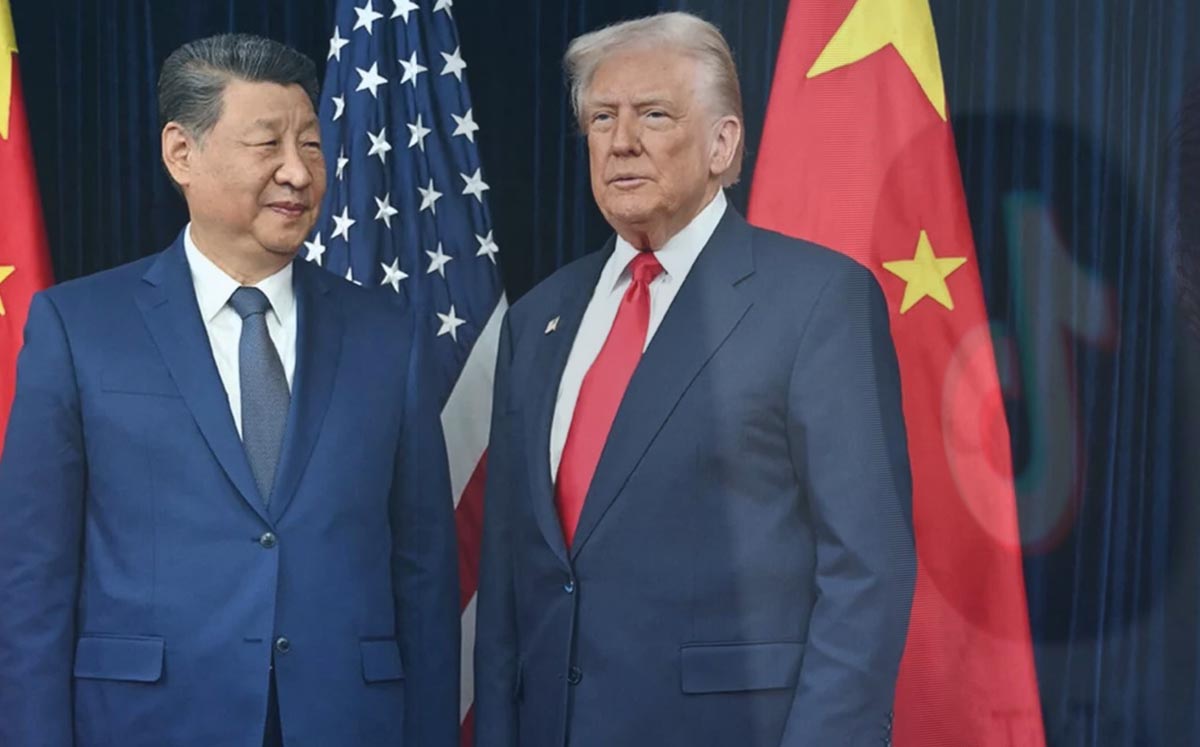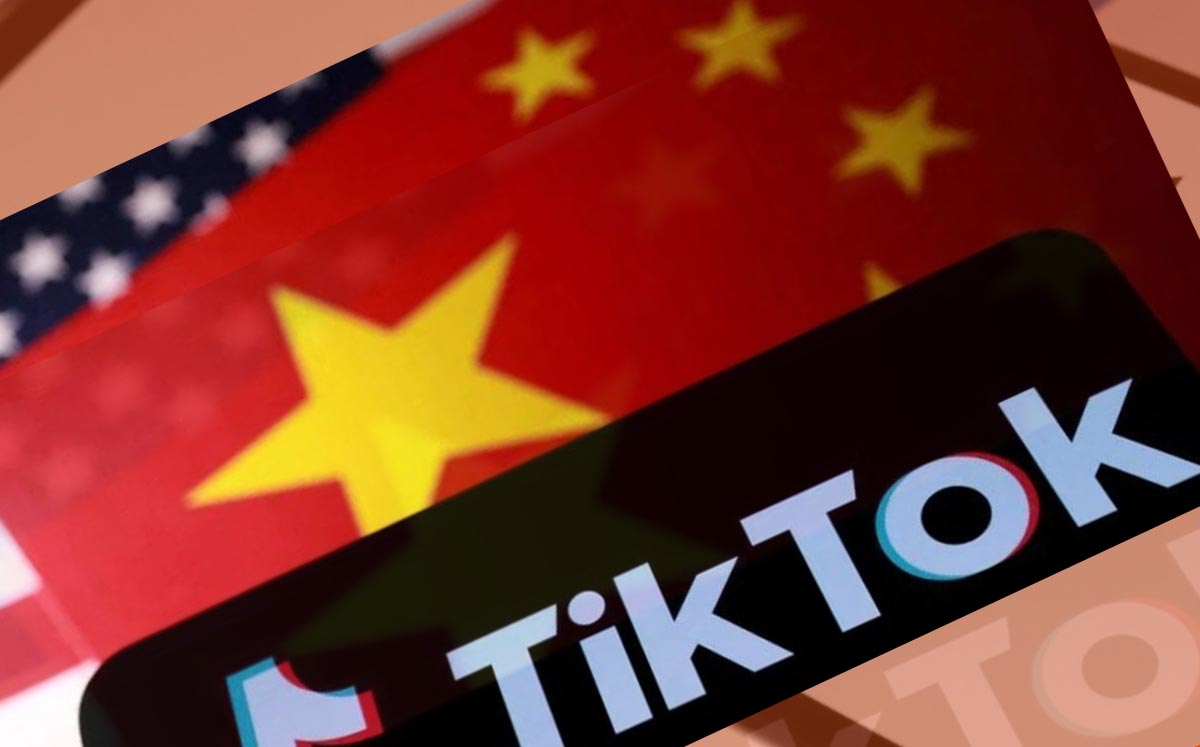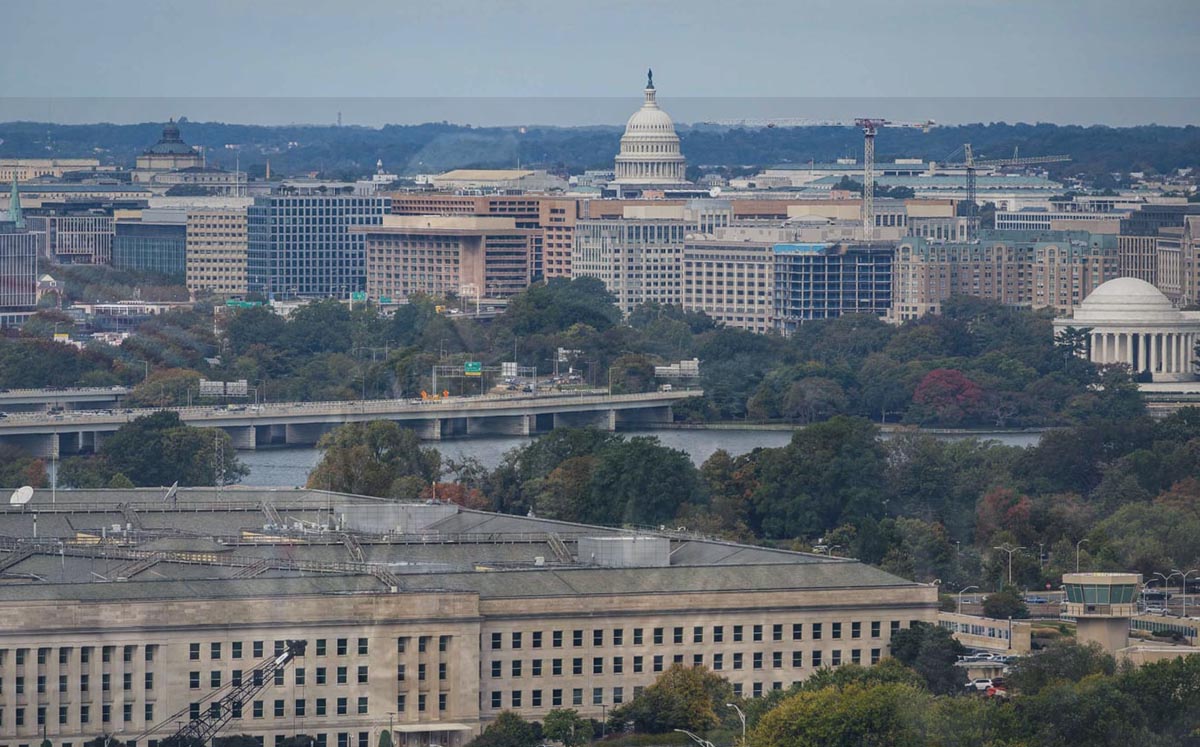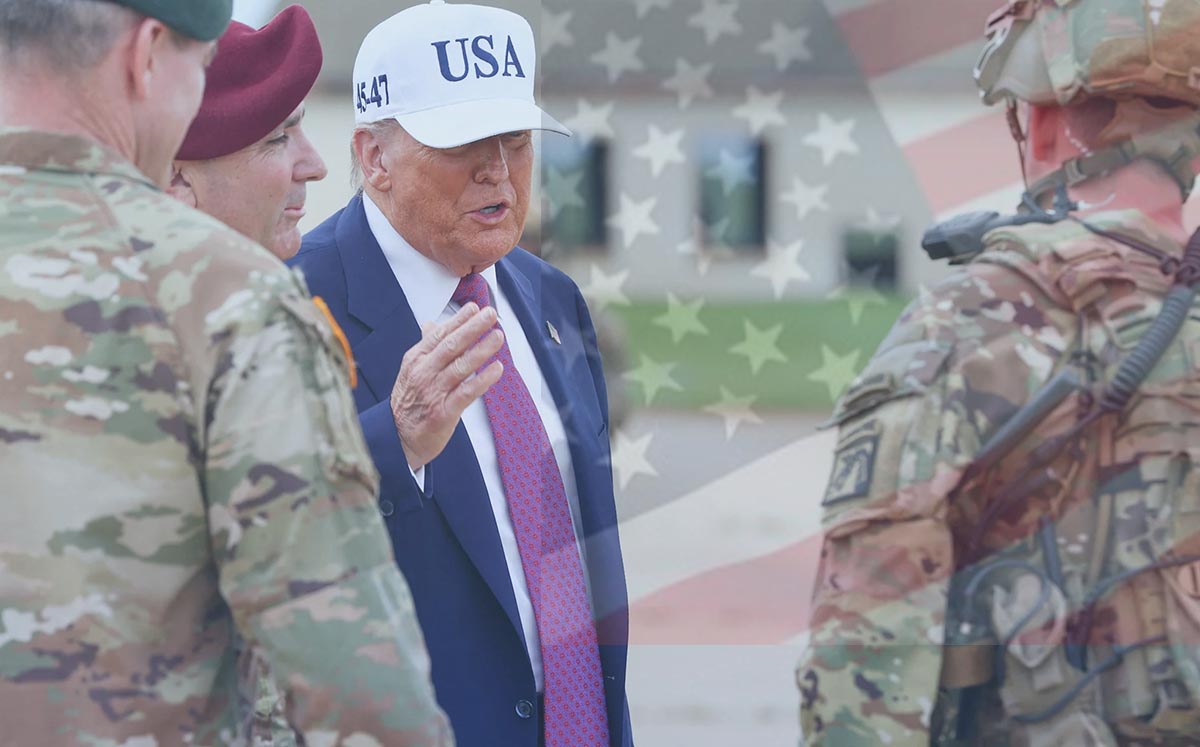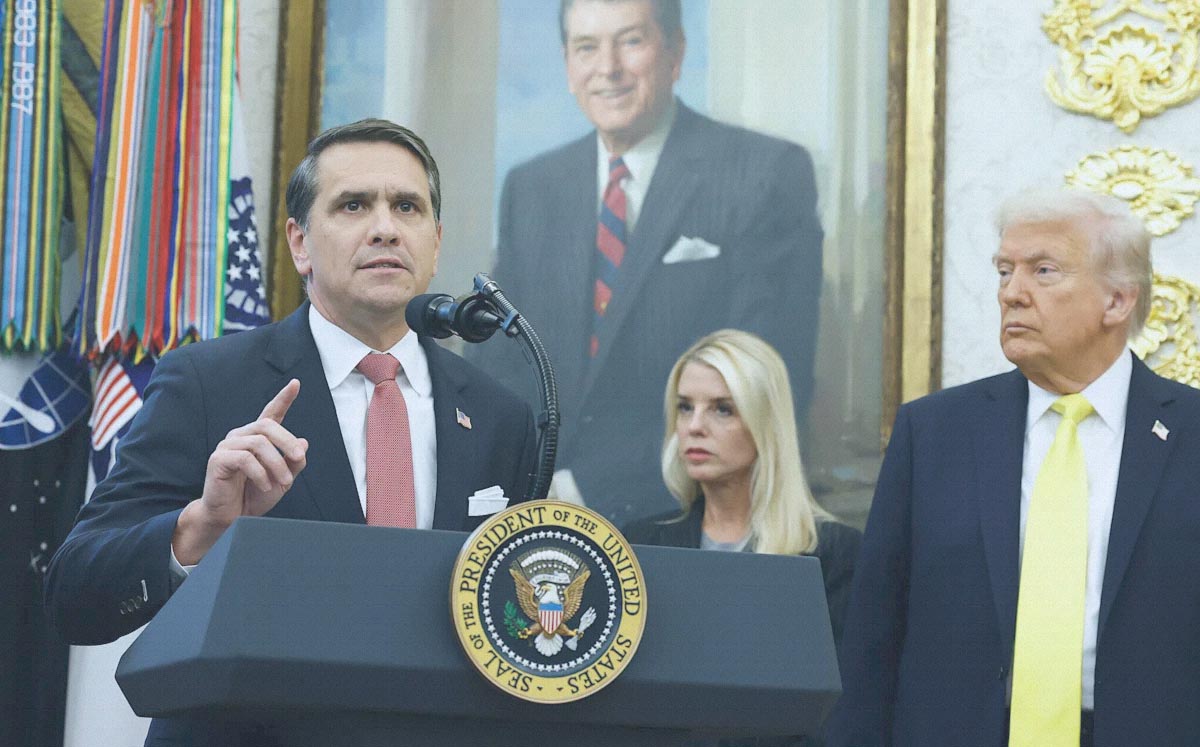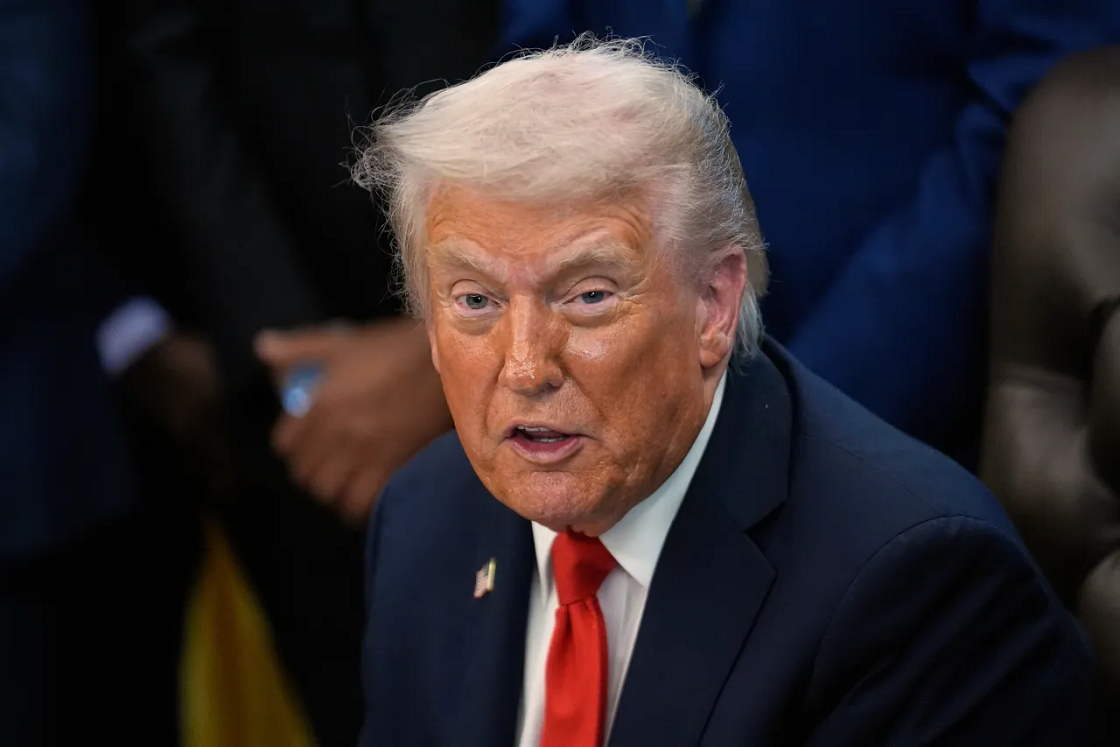Millions of Americans are in limbo as a result of the longest federal government shutdown in US history, which is causing worries about an impending economic crisis. Travelers were frustrated as thousands of flights were delayed and over a thousand were canceled on Friday. As President Donald Trump’s administration continues to fight in federal court to refuse to pay full benefits for November, many who depend on food stamps were left in a precarious situation.
Federal employees who have been unpaid for weeks claimed they had run out of alternatives and that their bills were due. There is no end in sight to the shutdown because Congress is at a standstill, with minority Democrats adhering to their demands for health insurance financing and majority Republicans still lacking the 60 votes required to pass a government funding plan in the Senate.
The “wheels came off” in compromise negotiations with Democrats, South Dakota Republican Senate Majority Leader John Thune told reporters on Friday. He instructed senators to stay in Washington so they could cast ballots this weekend. In an effort to put more pressure on the GOP to reach a compromise, Senate Minority Leader Chuck Schumer stated that Democrats would consent to end the shutdown in exchange for an additional year of increased Affordable Care Act subsidies.
One of Trump’s senior economic officials raised the alarm on Friday due to growing worries about the potential harm the closure may have to the economy as a whole. Kevin Hassett, the director of the National Economic Council, stated on Fox Business that the shutdown’s economic effects are “far worse” than first anticipated “because it’s gone on for so long.”
Travelers Face Widespread Flight Cancellations and Delays
Hassett remarked, “Who knows how bad the economy could be this quarter if we go another month or so.” More than a thousand flights were canceled at 40 major airports as a result of the Federal Aviation Administration’s 4% domestic flight restriction, which went into effect on Friday. Additional cuts are planned for the weekend owing to staffing shortages for air traffic controllers.
Major airports, such as those in Washington, Atlanta, San Francisco, and Newark, were seeing significant delays as a result of understaffed control towers in addition to the cancellations. CNN was informed by travelers nationwide that they were afraid their plans will be disrupted.
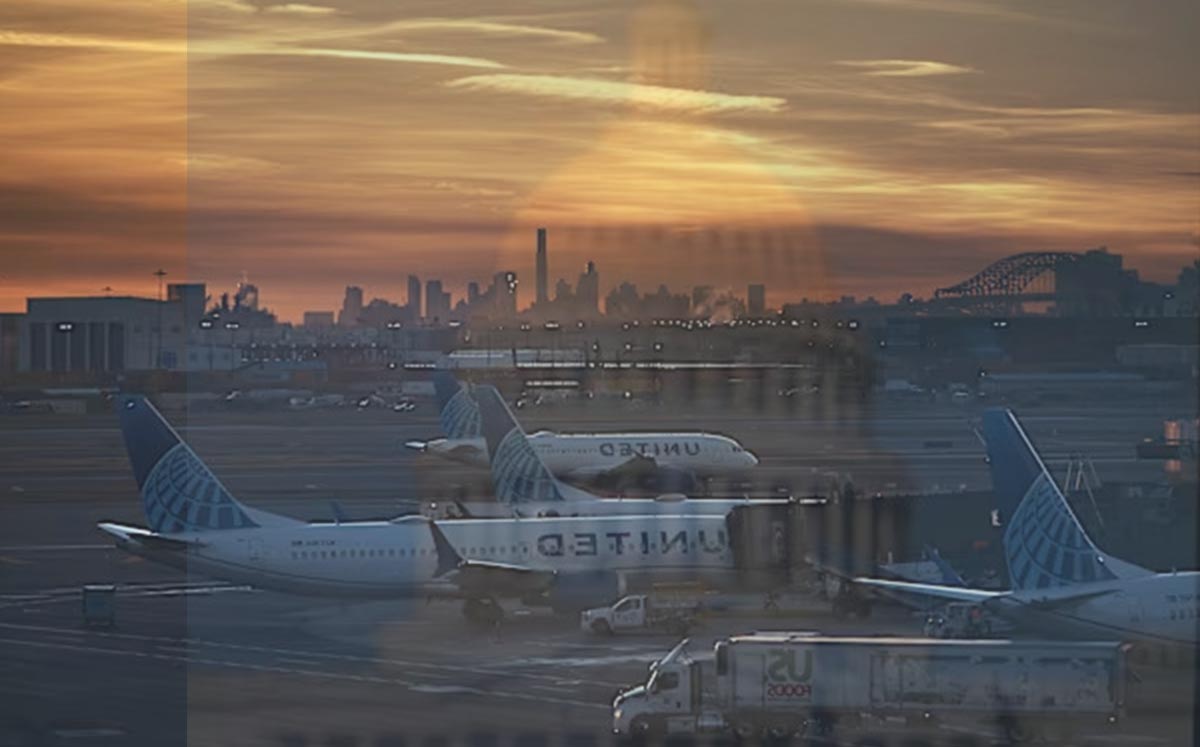
On Saturday, Alicia Leva was scheduled to tie the knot in South Florida. However, Leva said she witnessed travel arrangements quickly falling apart because over half of her visitors were from all over the nation. “I was just really nervous when I learnt about the flight delays,” she remarked. Leva was still grieving her initial vision of the couple’s special day, but she didn’t want to compare her wedding problems to those of others who have been severely impacted by the government shutdown.
Mounting Pressure on Federal Workers Sparks Concerns
Lisa Morales, a nurse who works at a military post in El Paso, Texas, stated that while she was able to pay her rent in October and November, she is now unable to continue working for free. She stated that without a monthly cheque, she is unsure of how she will pay for her car and insurance, petrol, groceries, dog food and utilities this month.
She claimed that if the closure doesn’t end soon, she doesn’t know where she will live and that her landlord won’t cooperate. “Because we continue to report to work, we are not eligible for unemployment benefits,” Morales stated, adding, “If the government stays closed this month, I will have to look for another job.”

